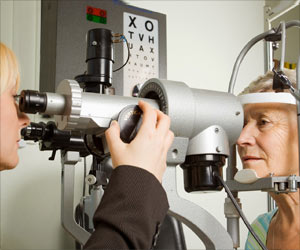Researchers from the University of Cambridge, University of Bristol and UCL Social Research Institute analysed health and socioeconomic data collected over several decades from over 12,000 members of the 1970 British Birth Cohort, to determine the contribution of early adulthood to differences in cardiovascular health in mid-adulthood.
‘People who spent a longer time in education, going on to employment in professional or managerial roles during early adulthood, had better cardiovascular health more than 20 years later (at age 46) than other groups.’
The scientists used a data-driven method to divide the population into different socioeconomic trajectory groups based on their participation in education, different job types, unemployment or economic inactivity across early adulthood (ages 16-24). They studied the association of these groups with cardiovascular risk factors at age 46, including blood pressure, cholesterol levels, waist circumference. To determine if the association of early adulthood socioeconomic trajectories with cardiovascular health was mediated by socioeconomic status later in life, they examined how correcting for occupation or family income at age 46 affected the link.
Professor Kate Tilling from the MRC Integrative Epidemiology Unit at the University of Bristol, and senior author on the paper, said: “Measuring socioeconomic position in early adulthood has always been difficult as this is a period of transition when most people’s occupations change over time. The method we’ve developed provides a flexible way to identify early adulthood socioeconomic position, and we hope that it will be used in future to answer other research questions related to this period of life.”
Importantly this association wasn’t entirely because of a higher income or higher level job at age 46, suggesting an independent and long-term association of early adulthood influences with health.
The findings indicate that that material factors in mid-adulthood do not contribute to the pathway through which early adulthood socioeconomic trajectory affects mid-life health, and the authors suggest that the development of health behaviours or psychosocial factors such as stress, depression, and job control in early adulthood may play an important role.
Dr Eleanor Winpenny from the MRC Epidemiology Unit at the University of Cambridge, and first author on the paper, said:
“We found that an individual’s education and employment experiences in early adulthood had a far larger impact on measures of cardiovascular health more than twenty years later than their occupation or income at that time did.
These results suggest that we need to provide more support for young adults to allow healthy development into middle age and prevent disease in later life. Given the added disadvantage to young adults as a result the current coronavirus pandemic, there is an urgent need to understand and mitigate the effect these circumstances may be having on their future health”.
The research was funded by the Medical Research Council and the Centre for Diet and Activity Research (CEDAR), a UKCRC Public Health Research Centre of Excellence. Funding from the British Heart Foundation, Cancer Research UK, Economic and Social Research Council, Medical Research Council, the National Institute for Health Research, and Wellcome, under the auspices of the UK Clinical Research Collaboration.
Source: Eurekalert



